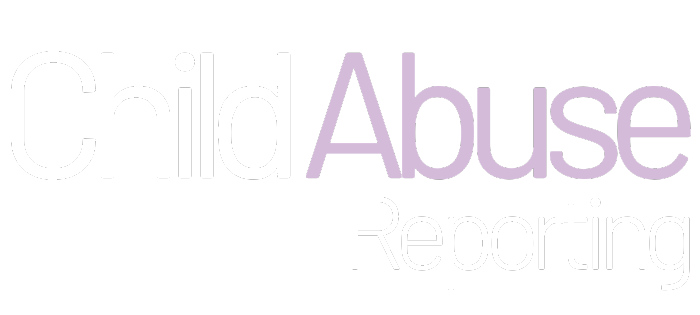A call to the hotline does not necessarily mean that a child will be removed from the home. CPS does what is in the best interest of the child and removal is seen as a last resort.
If a call from a mandated reporter meets the five criteria and the Child Abuse Hotline registers the report, CPS must follow up and investigate. According to state law, this investigation must start within 24 hours of the report but often starts immediately.
An initial assessment is made as to the safety of the child in the home, and only if a child is in immediate or impending danger would a removal of the child from the home be a possibility.
Definition:
Mandated Reporter
A person who works with children and families on a regular basis and is in a good position to notice injuries, changes in behavior, and other indicators that may be early signs of child abuse or neglect.
In Depth:
Are There Shades of Grey?
There is a continuum between good parenting to poor parenting to neglect and abuse. Understanding the difference between minimal care and neglect is especially challenging for mandated reporters. The minimal level of care includes the provision of food, water, clothing, housing, medical and dental care, education, and adequate supervision. Neglect occurs when a parent fails to provide a minimal level of care and the child is harmed or in imminent danger of harm.
What is “Imminent Danger of Harm?”
According to state law, child abuse or neglect occurs when a child has been harmed in the ways previously described or is in “imminent danger of harm.” “Danger” is exposure to harm or injury and “imminent” means about to happen or immediately threatening. Thus, for child protective service purposes, “imminent danger” means that the child is placed at risk of some harm or injury that could occur immediately. A mandated reporter should call the Hotline if he/she thinks a child is in “imminent danger” of harm.
Some indicators may or may not be due to abuse and neglect, while others are more clear-cut. The following are common situations which may or may not be reportable depending on the surrounding circumstances.
About spanking: Corporal punishment is not automatically considered abuse or neglect in New York State. It is legal for a parent or guardian to spank or otherwise hit a child as a form of discipline. However, the law states that “excessive corporal punishment” does constitute abuse or neglect, depending on its severity. For example, if a parent’s discipline results in injury, it is reportable. Legal definition
About children receiving poor care: Children receiving poor care are not automatically being abused or neglected. Poor care may be the result of poverty and it is not against the state law for parents to be poor. However, poor care that leads to harm (or imminent danger of harm) to the child, can constitute abuse or neglect. For example, a parent using or selling drugs or alcohol does not in and of itself constitute child neglect. However, if some type of harm (or imminent danger of harm) is done to the child as a result of the parent’s use, this is reportable. Legal definition
About domestic violence: Even though domestic violence can have a long-term negative impact on a child’s development, it is not automatically considered abuse or neglect. The occurrence of domestic violence does raise a ‘red flag’ that the child may be harmed or at imminent danger of harm in other ways. However, domestic violence in the home, in and of itself, can meet the legal definition of child neglect. For example, if a child witnesses domestic violence between the parents and is harmed (or in imminent danger of harm) themselves, it is reportable. Legal definition
About sexual contact: Any kind of sexual contact between an adult and a child is illegal, without exception. There are physical indicators of sexual abuse. For example, if you notice an indicator of sexual abuse and there is a reason to suspect that the physical indicator is the result of a sexual act with an adult, it is reportable. Legal definition

